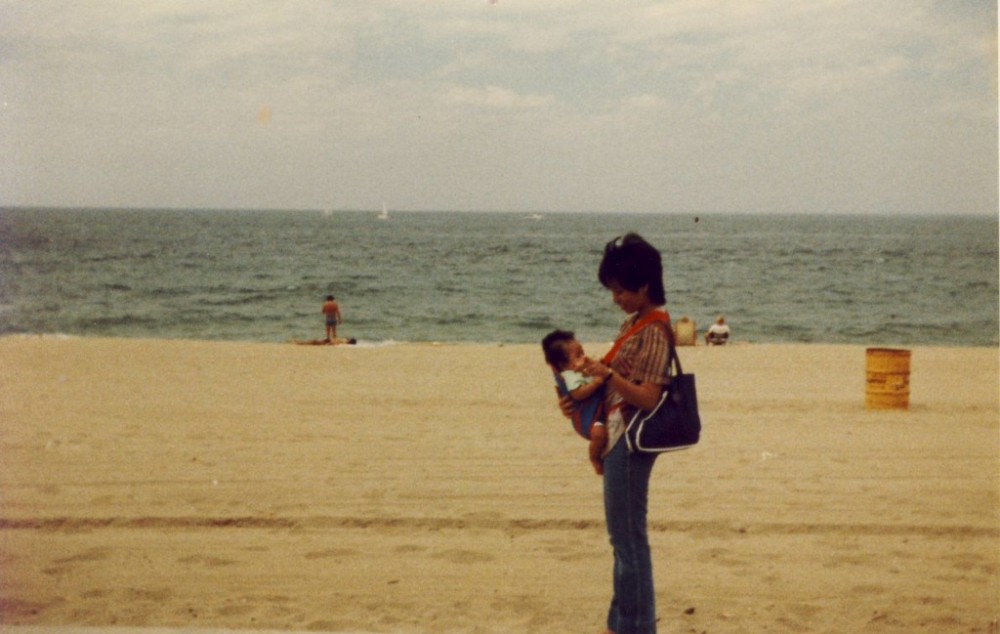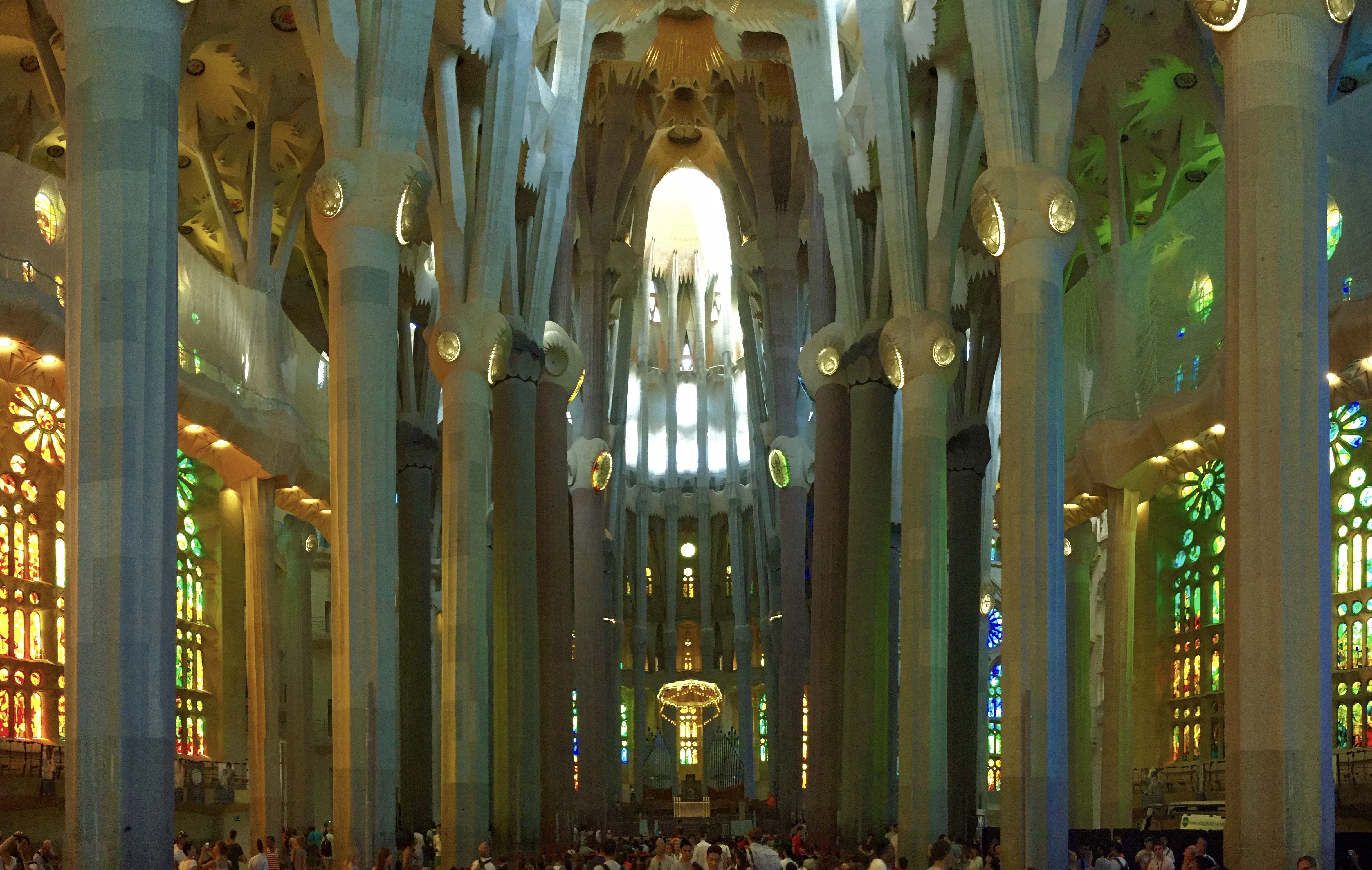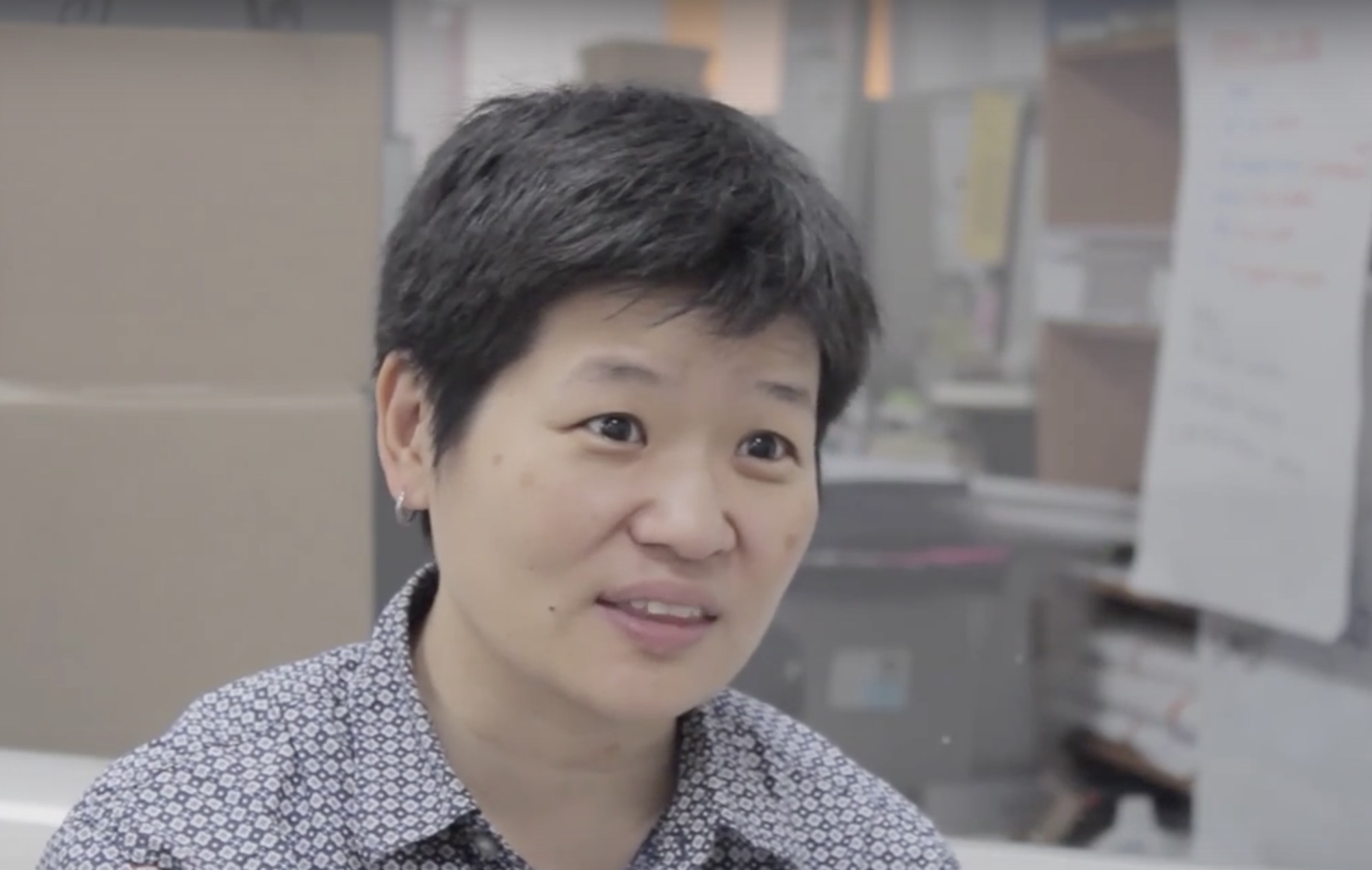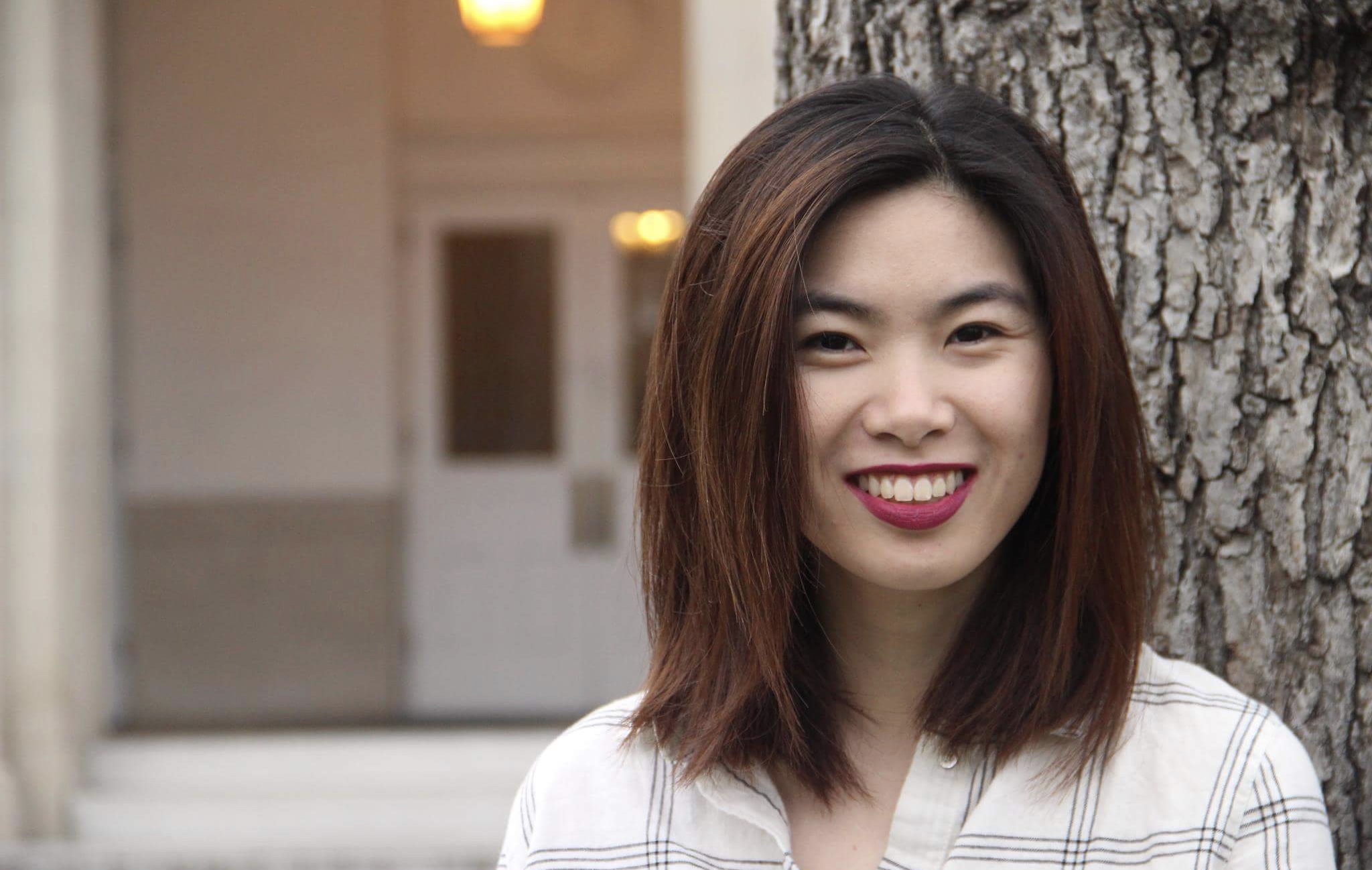
Carol Mannion
I am a proud Filipina-American mom of a gay son. As I write this, it has been a year and half since my son came out at the age of 28. This short story marks an exciting chapter in my life. In order for the reader to understand the beautiful relationship I have with my son, I must relate my background.
I was born in the Philippines as part of the Baby Boomer Generation. I was the eldest child and only daughter. In 1971, my family left our homeland before President Marcos declared Martial Law. We settled in Southern CA and were the first from both clans to immigrate to America. Three important aspects of my upbringing are key to my parenting style: early awareness of racism, recognition of hypocrisy in organized religion, and experiencing sexism.
The task of assimilation began early, yet my parents had no concept of what negotiating cultural adaptation entailed. They carried with them the Filipino “colonialist mentality”; this Eurocentric ideal of beauty, inconsistent and clashing with their own misconceptions of the “Americanization” of their daughter. My exposure to racism was two-fold; at home and in school. I was born with olive complexion and loved the outdoors, so I was often tanned in my youth. My parents did not appreciate my brown skin in comparison with my younger brothers. Girls are supposed to be fair. So critical were they that they had me bleach my forearm hair to lighten my skin. At school, my classmates were predominantly White, as I attended private Catholic schools in upper middle class areas. I learned then that to have darker skin was to be treated unfairly or to be ridiculed. Racism was so embedded in my psyche that when my first son was born, the first question I uttered was, “Is he dark?”
When I lived at home, we had a Sunday obligation to attend Catholic mass. It became a mundane and passive ritual, and it wasn’t too long before I began to silently question why kindness and morality had to be based on a man-made book and not from common sense and development of one’s moral conscience. I didn’t agree that God was punitive and judgmental. I still ponder to this day how I developed resiliency.
My birth order and gender was also influential to my parents’ expectations. I had an enormous role to fulfill based on being the eldest born within my immediate family, our extended family, and the first generation to grow up in American society. I learned from the time I stepped into this “Land of the Free,” that it really was not free for me as bicultural and female. I felt that I was imprisoned within the confines of my parents’ obsession of maintaining the Filipina maiden image of me. In understanding the progression of each of their individual marginalizations, I had to establish a new foundation from which to work on.
Because we came here alone, and were so the first two decades, not losing my family was important. I realized that to survive and maintain my connection to my family, I had to marry young. That would serve as my escape without severing family ties.
I did so at 20 and became a mom at 22. Becoming a mom was a life-saving grace. As I felt the baby inside my womb gently somersaulting, I talked to this life; I made a promise to break the cycle of emotional abuse; solid vows that I would keep. This sacred vow involved unconditional love and absolute protection; that the threat of emotional abandonment would never be. I would ensure my children would be guided to their highest potential with consideration of their own individuality. I made a vow that my children would never have to learn for themselves how to navigate racist or sexist stereotypes, nor feel that spirituality was dictated by an unfounded patriarchy. I would raise my child to become a free-thinker, as I believed was part of God’s intelligent design.
My son grew up to be that creative, adventurous, witty, and bright wanderlust. I knew he was different from his earliest childhood years, but based on my upbringing, I had no inkling what sexual orientation was about. By the time he entered puberty, I was sensitive to his change in personality. He became socially-isolated. I struggled with how to help him. I thought maybe it was because he skipped a grade. Or that I divorced his biological father, who had not been a part of my two sons’ lives. He was not forthcoming with being bullied at his all-boys’ parochial high school.
He completed his undergraduate studies and quickly dived into doctoral studies. An internship in New York gave him the opportunity to experience life on the East Coast for a few months. Upon his return, my husband and I noticed he had found his niche in Manhattan. We encouraged him to pursue his dream, even if it meant living so far away. So he did. His life fell into place and I missed him immensely. He flew back home a year after his move, on a summer weekend that changed my life.
I remember that moment clear as day. I knew something was up when he flew home after I had just visited him in New York the month before. Before driving him to the airport for his return flight, he had me park the car. We sat in the car, just him and I. He said: “Mom, I have something to tell you. I had wanted to tell you when you were with me last month, when we sat for awhile at that park near Ground Zero. You started to cry about not wanting to be a long distance grandmother someday. I had to hold off telling you.” He sheepishly smiled and said, “Because that may never happen based on what I’m about to tell you. So, that’s why I came to see you. But before I do, I just want you to know that you did not cause this, and you cannot blame yourself, or feel that there was something you should have done. I’m gay.”
After he said those last two words, tears of joy just automatically welled up in my eyes. I looked at him, held his hand, and told him that I was so happy that he finally told me; because to me it meant that he was setting himself free to be who he is, and that was all I wanted him to be. I gave him a hug across the seat of the car. He knew I was very proud of him. I asked him when he realized this and if he was safe from work discrimination. I told him that I was only worried about his personal safety and of finding love. He said that he can’t remember when he realized and reassured me that they were gay-friendly at his job; that New York is probably one of the safest places for a gay person to live! He said that he’d let me know if there were someone special in his life.
At the airport, I gave him an even tighter embrace. That very evening, I wrote him a letter. Because he was far away, I wanted him to be able to read his mom’s unchanged feelings and the immense pride I had in him. I had not predicted that the next two months would be a grieving process for me. I went through feelings of not being a good-enough mom because I felt that perhaps I should have asked him; then maybe I would have spared him the social isolation he went through during his adolescent years. My worries for his personal safety escalated even more and I felt so powerless to protect him because of the distance. I felt that I had failed in role modeling for him how to be gay. How would I even know how to communicate the “birds and the bees”? How could I have not felt the urgency to learn about sexual orientation? Why did it take him until he was 28 to come out? I examined my past parenting years; what I could have done differently. I sobbed by myself, feeling that I had let him down. But I also began to realize that in following my instincts, I had also respected my son’s timeline for revelation.
In time, I outed him to his younger brother and to my husband. They were the only ones I could talk with. I had no other people to turn to. I just wanted to tell the world, because for me to be silent was to exhibit shame, and I was not ashamed of my son. But I also wanted to meet other parents of gay children. That was when I found PFLAG.
Last April, I marched proudly at my first Pride parade. I became actively-involved with San Gabriel API PFLAG. Just as I assimilated in America as a necessity, this new chapter in my life meant that it was imperative that I rapidly immerse myself into the LGBT culture. I needed to do my own self-discovery. I moved immediately to out my son to my own mom and younger brothers.
Through my mission to celebrate my child’s life, my activism has provided me a new extended family within the LGBT community. I consider them my new “sons and daughters”. Hearing their stories and gaining their trust gives me another chance to continue being a mom; a mom who accepts her gay son; a mom who knows that nothing has changed, but only that my life has been enriched.
Categories: Parents


